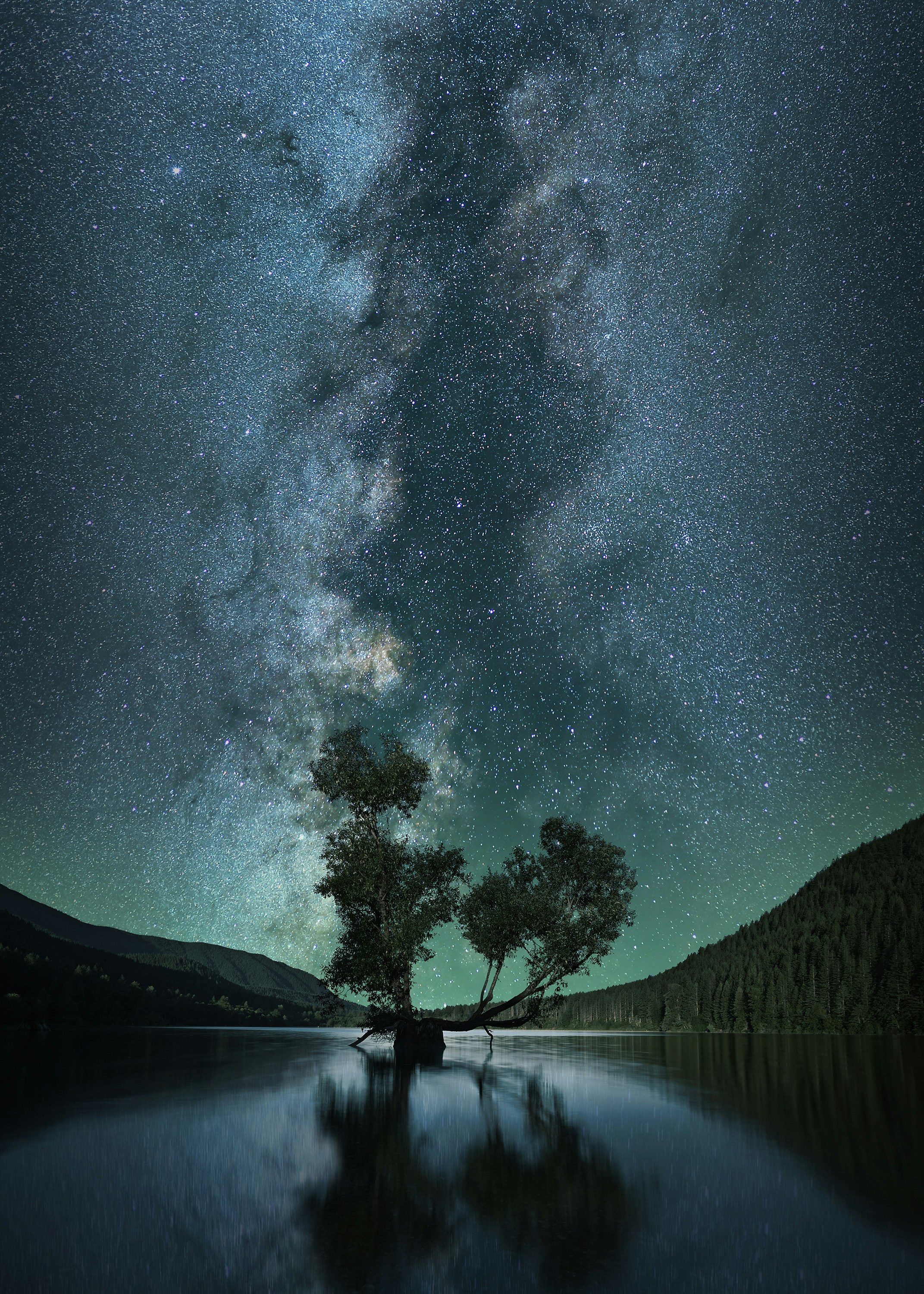Cosmologists have long treated the universe like a perfectly baked idea, expanding neatly, evenly, predictably. Every galaxy drifting away from every other in a slow-motion ballet of cosmic order. A clean, mathematical universe where nothing has a preferred direction and no one has to admit they might have missed something. But recently, reality started buffering.
NASA’s Wilkinson Microwave Anisotropy Probe noticed an unsettling trend, a great migration. Hundreds of galaxy clusters, billions of light-years apart, all heading the same way at nearly 900 kilometres per second. The motion doesn’t weaken with distance; it stays eerily consistent, like a universal current flowing toward a patch of sky between Centaurus and Vela. The name given to this phenomenon is Dark Flow, which sounds less like a scientific term and more like a post-rock band that only performs in gravitational wells.
According to the ΛCDM model, the current gold standard for how we think the cosmos works, this shouldn’t happen. The model assumes isotropy: everything should be equally dull in every direction. No special lanes, no cosmic traffic jams. But the Dark Flow suggests the universe might not have read the manual. Something massive, perhaps an unseen structure beyond our observable horizon, appears to be hauling everything we can see in one direction. It’s like watching all the pixels on your screen slide slightly right, and your only conclusion is: the renderer’s broken.
If that’s true, then our “observable universe” is just one window in a much larger program. Maybe what we call expansion isn’t space stretching at all, maybe it’s a map loading, the next region being generated just ahead of where we’re looking. Inflation wasn’t a cosmic event; it was an update patch. The Dark Flow could be the lag spike.
Physicists are split between calling this terrifying or exciting. Some argue we’re being tugged by enormous gravitational structures beyond our cosmic horizon. Others say our entire model is wobbling under its own weight. The Hubble tension, two incompatible measurements of how fast the universe expands, doesn’t help. Nor does the S₈ tension, where galaxies aren’t clustering as they should. On smaller scales, dark matter still refuses to behave. It’s as if the universe was coded by several different teams who didn’t coordinate version control.
So the theories multiply like hotfixes. Maybe dark matter isn’t cold and collisionless but self-interacting, its particles nudging each other enough to smooth out galactic cores while keeping the grand structure intact. Or maybe it’s fuzzy, made of ultra-light quantum waves that ripple across galaxies like bad shader artefacts. Some go further and say the problem isn’t the particles, it’s the physics itself. Perhaps time runs differently depending on where you stand. In Timescape Cosmology, for instance, the universe only appears to accelerate because our clocks tick slower inside galaxies. Which, if true, means we’re not racing toward a cosmic end, we’re just lagging behind the server.
All of this has forced a quiet admission in cosmology: the universe might not be the tidy, symmetrical sandbox we thought. It may have seams. Regions where the physics changes slightly, where space bends a little differently, where time gets a patch note we weren’t notified about. Perhaps the Dark Flow is just what happens when the devs add a new zone and forget to hide the loading screen.
And honestly, wouldn’t that explain a lot? The expanding universe might just be the world’s most ambitious DLC rollout. Each epoch a new content drop. The multiverse not a grand metaphysical idea but a settings menu. Dark energy? The subscription model that keeps the whole thing running.
Of course, the scientists will continue to measure, map, and model. They’ll build detectors that can spot a dark matter particle sneezing, and algorithms that trawl through cosmic noise like unpaid interns. Meanwhile, the rest of us can only wonder if all this “expansion” is just the next update installing, and whether, when it’s done, we’ll finally load into a higher difficulty setting.
Until then, we drift on, billions of galaxies moving together through space like data streaming toward the next patch of the map. Maybe the universe isn’t expanding into nothingness at all. Maybe it’s just getting ready for its next expansion pack. 😉

